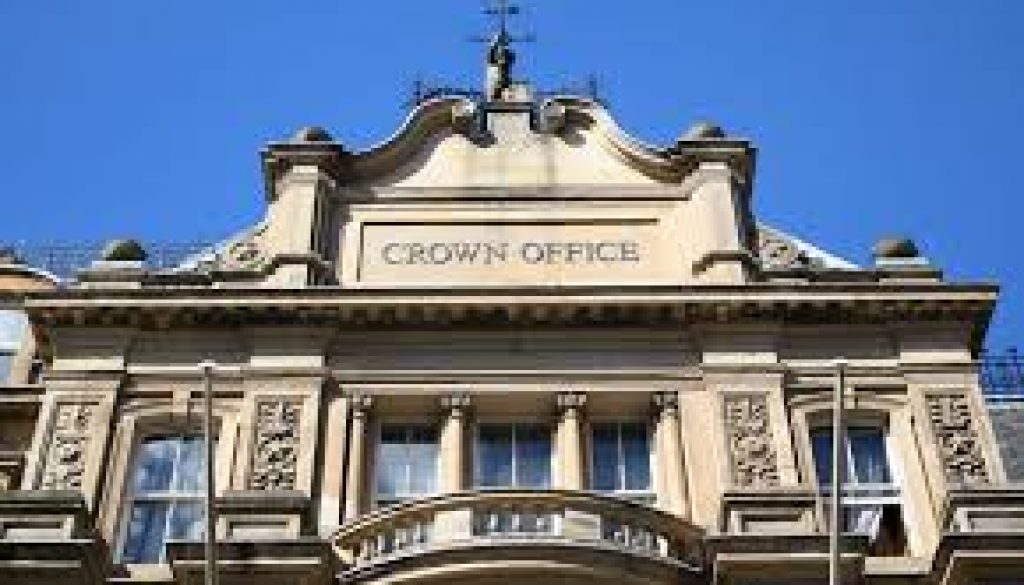Non Disclosure – Response
Our “Comment” article of 19 June, “Non Disclosure – Another Angle”, was picked up this past weekend by the “Sunday Post”. Their short piece is reproduced here:
Justice campaigners: Appeals blocked by evidence ban
Criminals trying to appeal their convictions are being denied access to evidence by the Crown Office, a charity has claimed.
The Glasgow-based Miscarriages of Justice Organisation (MOJO) claims prosecutors are not releasing files to them as part of their work in preparing appeal cases for people.
There is a legal requirement to hand over any material evidence used by the prosecution to anyone planning to appeal their conviction.
However, a MOJO spokesman said: “We are assisting a client whose murder conviction causes us concern. The client has no access to legal aid.
“Our request of the Crown Office that we be allowed access, with the client’s authority, to the prosecution evidence was met with a summary refusal.”
The Crown Office said disclosure to third parties can only be done when there is a legal basis and it is in the public interest to do so.
A spokeswoman added: “The Crown Office recognises the importance of the legal obligation to assess and disclose evidence.
“Where disclosure issues are raised in relation to any specific case, The Crown Office has processes in place to respond appropriately.”
Ignore, for a moment, the illuminating opening word. If the function of the press is simply to give an uncritical platform to the wielders of state authority then clearly we can have no complaint about what was published by the Sunday Post. But we do complain. This is a serious subject. It deserves serious treatment. We won’t simply accept that the Crown Office – the prosecuting authority in Scotland – should be the sole arbiter of what of their evidence the person they have accused can and cannot see. They say that they “recognise the importance of the legal obligation to disclose evidence.” And then they refuse, point blank, to disclose evidence. Why, then, are they free to ignore their obligation? The answer can only be inferred, since the question wasn’t asked, and it appears to be that the Crown Office sees itself also as the arbiter of what is “in the public interest”.
Remember, please, that the institution taking to itself the role of referee is one of the combatants in this fight. And read, in that context, their assurance that they “respond appropriately” to requests from prisoners who are asking only to exercise their legal rights.

![16[2]](https://mojoscotland.org/wp-content/uploads/2024/06/162-1024x768-394x330.jpg)

